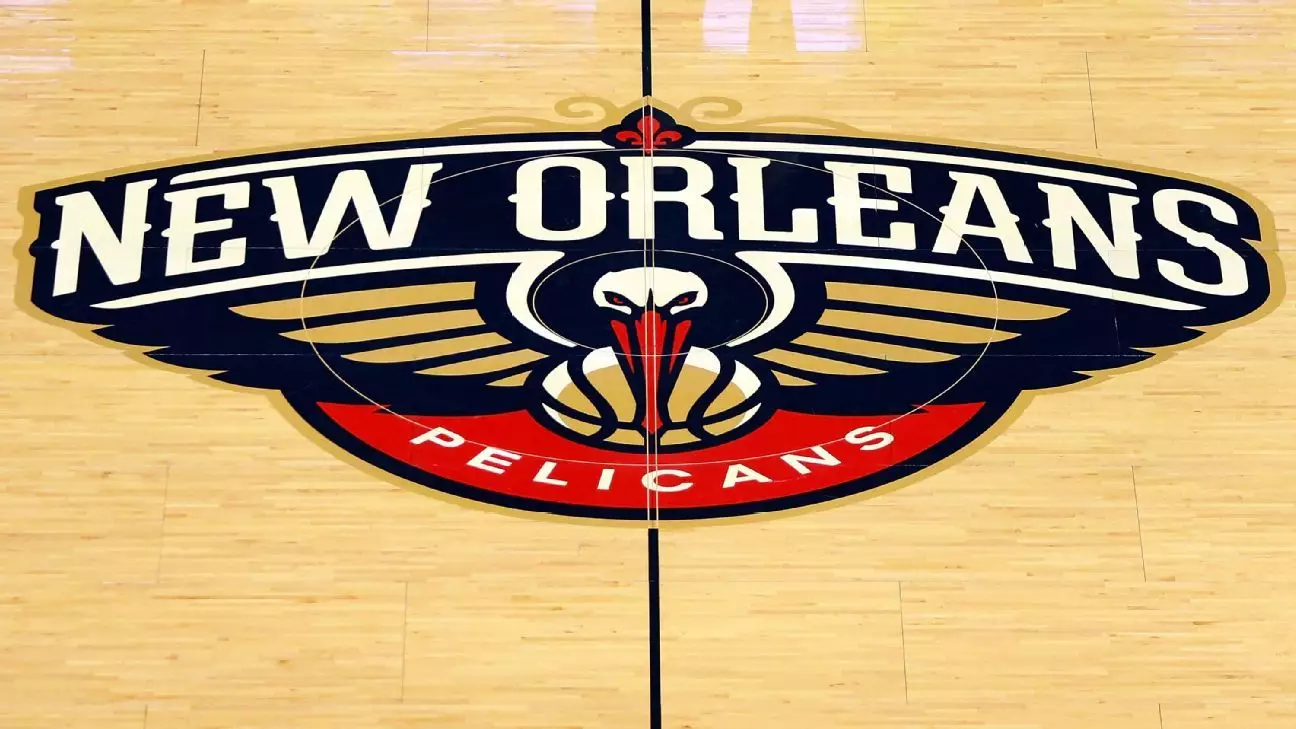The recent tragedy in New Orleans, marking a significant act of violence that disrupted the spirit of the city, has left a profound impact not only on the local community but also echoing through the world of sports. Willie Green, the head coach of the New Orleans Pelicans, received a heart-wrenching message from his father early in the morning, first extending New Year wishes and then delivering the shocking news about the horrific events that unfolded. The juxtaposition of well wishes and devastating news encapsulates the emotional turmoil faced by many—a reminder that joy and sorrow often coexist in the fabric of life.
As the Pelicans prepared for their game in Miami, their minds were understandably elsewhere; the haunting reality of violence loomed large over their thoughts. In a city known for its vibrant culture and festive atmosphere, the notion that a place like Bourbon Street—a hub of celebrations—could be marred by such malevolence is unsettling. Willie Green’s sentiments articulate the shocking nature of these acts, which seem to undermine the very essence of community life. His expression of devastation is shared by many, representing a collective grief that runs deep within the city.
The tragic events have not only affected local residents but have also resonated within the sports community. The Pelicans’ scheduled home game against the Washington Wizards was overshadowed by the incident, forcing a reevaluation of what it means to conduct oneself in times of crisis. Coaches and players alike found themselves grappling with questions about safety and purpose, as Erik Spoelstra, the head coach of the Miami Heat, articulated the general sentiment of terror and devastation reverberating through the league.
The NBA, often regarded as a unifying force, faced a moment of reflective silence in honor of the victims. Such gestures highlight the interconnectedness of communities, especially in times of grief. The moment of silence preceding games serves as a reminder to athletes and fans alike that their shared experiences transcend the boundaries of sports. As the lines blur between the court and external societal issues, the world of athletics becomes a canvas for a broader conversation about safety, loss, and the resilience of communities.
The reactions from players and commentators echo a sense of vulnerability that many are grappling with. Joel Meyers and Antonio Daniels, commentators for the Pelicans, voiced their sorrow, emphasizing that Bourbon Street is not just a location, but a cultural symbol of collective joy and celebration. Their voices resonate with the heartache felt by countless individuals in the wake of such senseless violence. The commentary serves to remind us that places of celebration can suddenly become zones of mourning, further igniting the need for communities to come together in solidarity.
In the discourse surrounding violence in public spaces, we must also acknowledge the impact on families and loved ones. The turmoil faced by those affected emphasizes the need for not just immediate support, but continued outreach and aid in healing. Communities often find strength in each other, forming a support network that can foster resilience amid the ruins of tragedy. The willingness to discuss feelings, to address fears, and to share burdens can serve as a powerful antidote to the divisiveness that violence attempts to propagate.
As the Pelicans prepare to return home, the importance of fostering a safe and inclusive environment becomes evident. The events in New Orleans are a harmful reminder of the need for vigilance and compassion. Engaging in proactive dialogues about safety and mental health not only aids in community healing but also underscores the responsibility of institutions, both in sports and beyond, to advocate for change.
The aftermath of the New Orleans tragedy compels us to reflect on our societal structures and the fragility of peace within our communities. As the Pelicans and the broader sports community navigate this tumultuous period, it is vital to remember that while grief is deeply personal, community resilience and support can pave the way for recovery and hope. By standing together, those affected can honor the memory of the victims, transforming pain into a renewed commitment to understanding, unity, and positive change within society.

